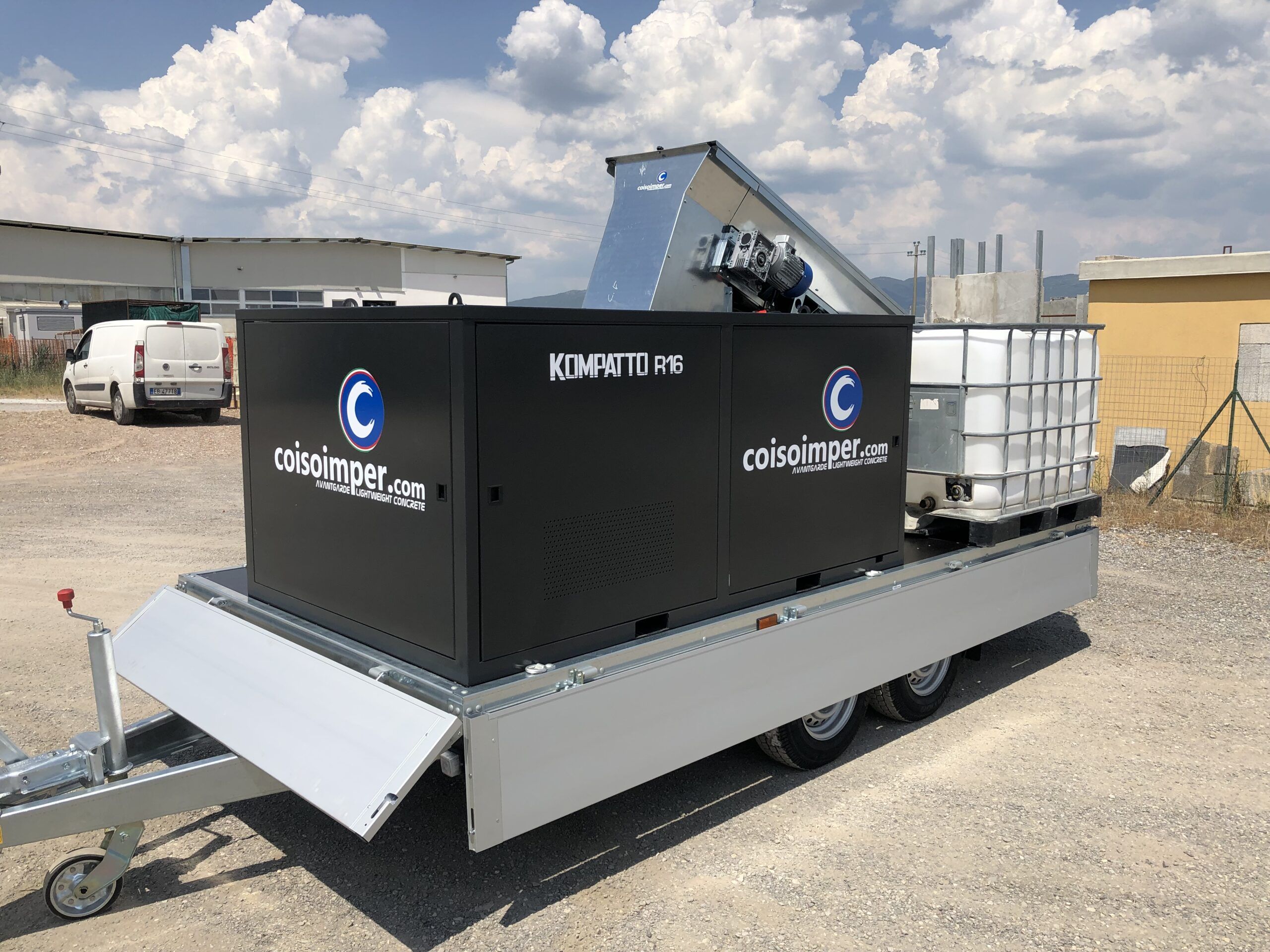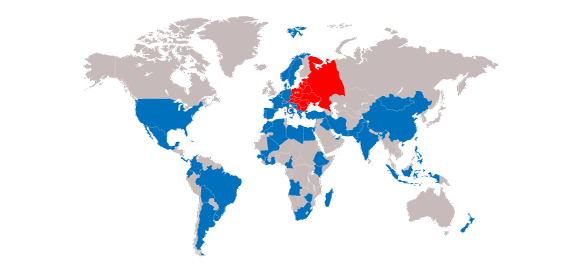Lightweight blocks in polystyrene
Lightweight and strength at the same time
These make it possible to maintain a comfortable indoor temperature, without thermal energy loss, guaranteeing considerable cost savings in the use of environmental air conditioning systems.
These increase the breathability of the walls preventing the formation of mould and considerably lightening the structure of the building.
How to use POLYTECH®blocks
POLYTECH® blocks are used as filling for outdoor walls and to build partition walls, as their breathability, lightweight and fire resistance make them ideal. Also used for the construction of load-bearing walls in non-earthquake areas, with a thickness of no less than 25 cm and a minimum density of 600 – 800 Kg/m³ with smooth blocks or with holes for the installation of steel bars and concrete casting.
Lastly POLYTECH® blocks are very commonly used for the fencing of containment walls or the perimeter of dwellings.
How to make POLYTECH® blocks
Material and machinery for the production of POLYTECH® blocks
In the production of POLYTECH® blocks, the raw materials (water, cement and sand if needed) are mixed together with EPS beads (virgin or recycled) and TECH additive in a mixer.
For a maximum daily production of 15 m³, the material is pumped into moulds in series and after at least 8 hours the produced panels can be cut into blocks of the required sizes.
For larger production, the material is poured into 1 m³ moulds and cut into blocks after at least 8 hours.
The drying stage is carried out without the addition of specific machinery such as furnaces or autoclaves.
POLYTECH® is left in the moulds until the cutting phase.
Thanks to the type of blade of our Block cutter, the material can be cut wet or dry therefore it is not necessary to cut within a certain amount of time.
To increase the technical characteristics of POLYTECH® blocks, the auxiliary additives, DSP XL and HDR can be added to the mixture.
Advantages to the use and the production of POLYTECH® blocks
Thermal insulation, lightweight, reduced cost of production, easy workability and versatility (ideal of construction and restructuring). With COISOIMPER machines, the independent production of POLYTECH® blocks required for the construction of civil and industrial buildings is even more advantageous.
COISOIMPER machines are used to entirely customise the block production process based on space, costs, quantity, size and density.
Plus, the advantages of POLYTECH® blocks production with COISOIMPER machines are found at every stage.
In the production phase:
– Product stability during the production phase
– Easy change of density and dimension
– Contained investments and start-up costs
– Low energy consumption in production
– Reuse of production waste
In the transport phase:
– Reduced costs
– It can be produced directly on site
In the construction site:
– Excellent quality/price ratio
– Easy and quick installation
– 100% recyclable
– Easy to process (cutting and shaping with hand saw, grooving, drilling)
At the end of construction:
– Excellent thermal and acoustic insulation
– Fire resistance
– Energy savings
– Considerable mechanical strength
– Tearing strength for unit mounting
– Impact resistance
– Savings of up to 30% for domestic heating and cooling
– No need for insulating plaster














